We’re excited to introduce you to the always interesting and insightful Travis Smith. We hope you’ll enjoy our conversation with Travis below.
Travis, appreciate you joining us today. Do you have any thoughts about how to create a more inclusive workplace?
In the film and TV industry, success can mean different things depending on your specific path, whether it be acting, directing, engineering, or camera operating. To define success, one must consider factors such as money, fame, and working on high-profile shows. As someone who primarily works behind the scenes in production, I will share my perspective from that point of view.
To truly be successful in this industry, it takes time, flexibility, attitude, and persistence. Although many people want to work in the industry, not everyone lasts. Factors such as gatekeepers, who make it hard for others to get in or move up, can contribute to this. Discrimination, such as racism and favoritism, is a real issue in the industry, especially in technical roles. Engineering is dominated by a core group of people who often resist diversifying the industry and may not pay people of color fairly or want them in certain positions. However, to be successful, one must be able to persevere through any hardships or negativity that may come their way.
As you climb higher in the industry, it can become even harder, with greater pressure and expectations. Unfortunately, people of color often face additional challenges and discrimination in the industry, with black actors in Hollywood being underpaid compared to their white counterparts. This is also true on the production side, as I have personally experienced with Senior VPs not wanting to pay me the same as my white counterparts. Discrimination based on age is also prevalent, with younger people being paid less for the same work.
My advice to the industry is to stop discriminating against people of color and pay them fairly. Additionally, age should not be a factor in hiring and pay should be equal for people of all ages and races. It’s time to fix these issues and create a more diverse and inclusive industry.
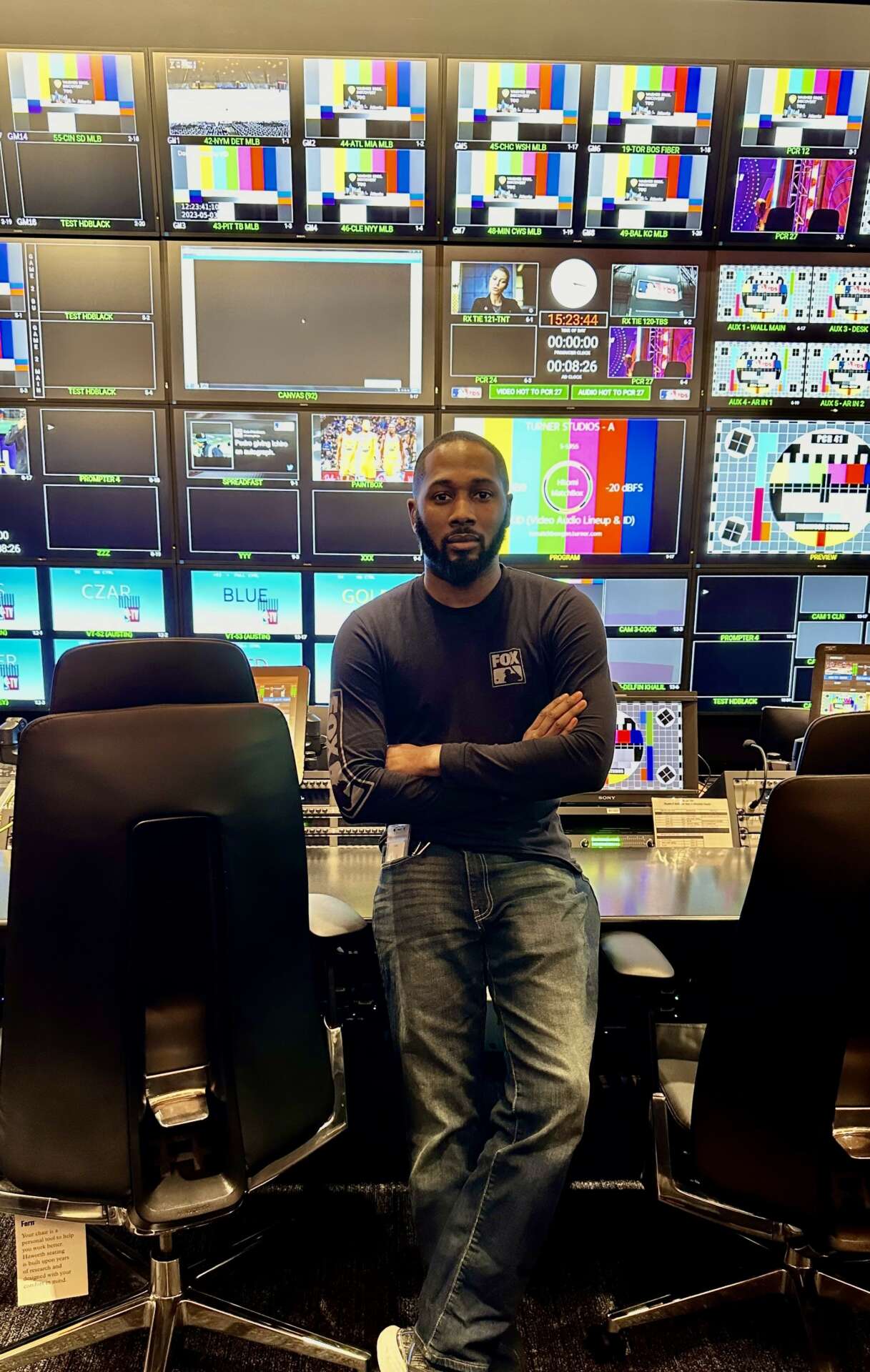
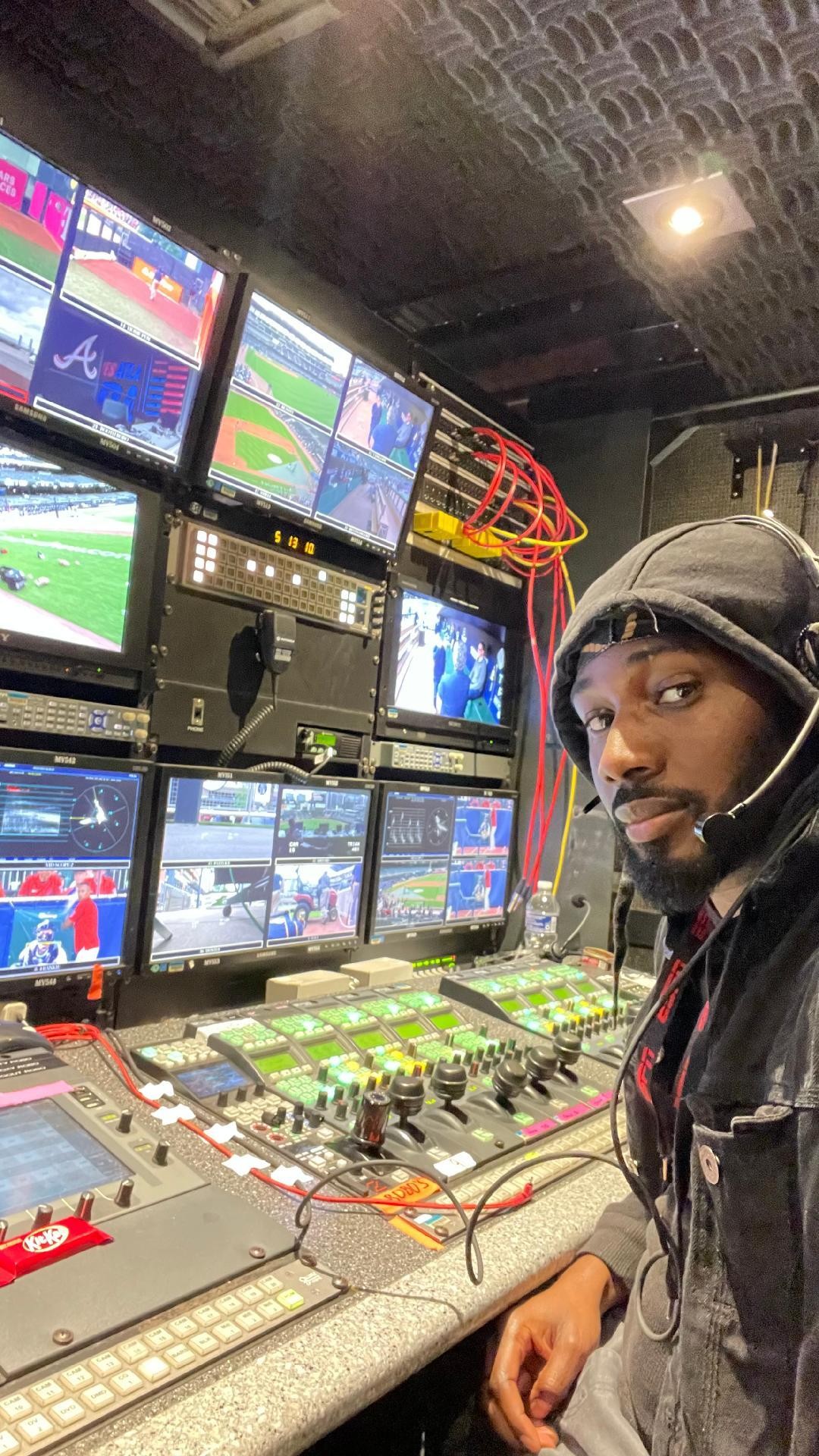
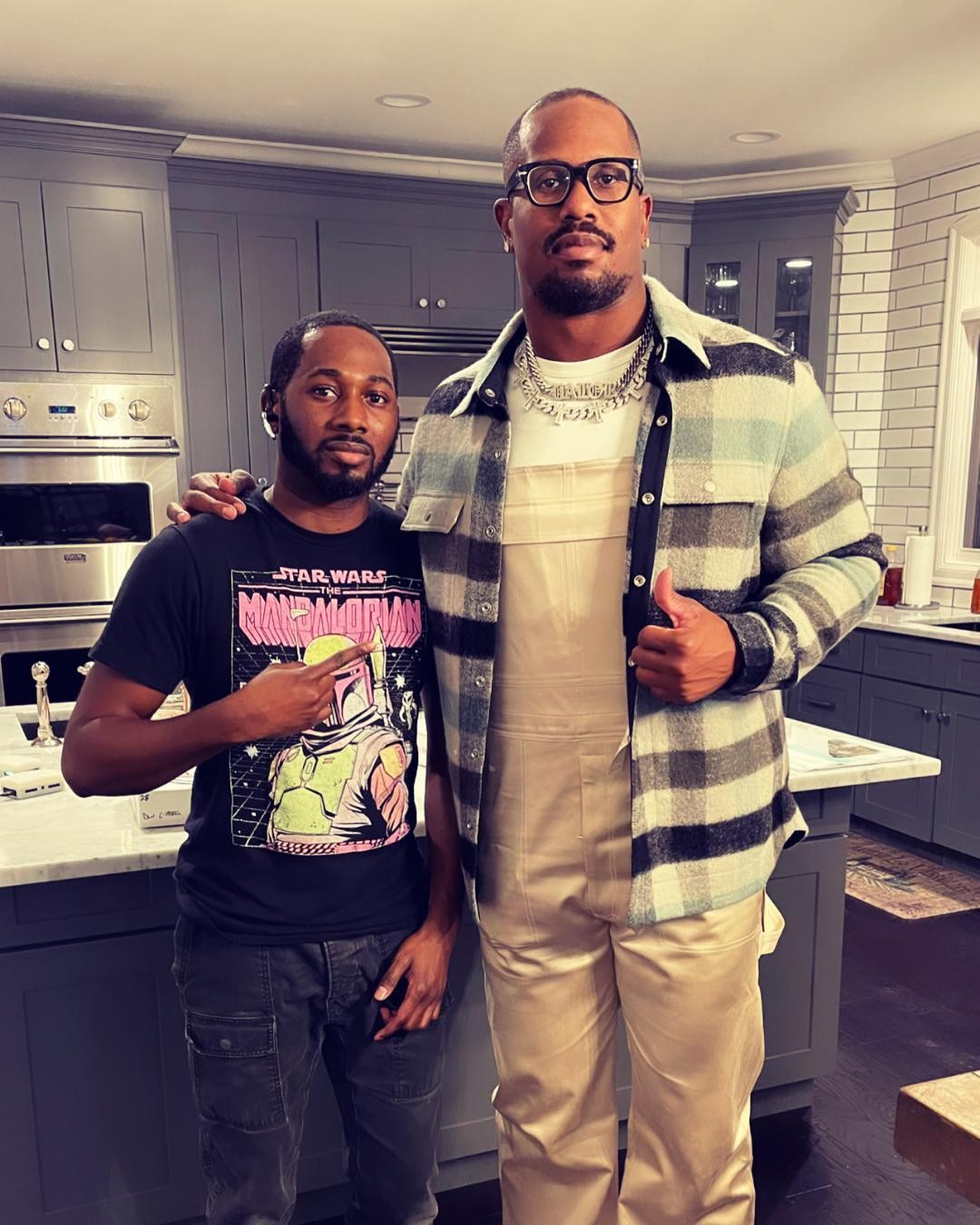
Great, appreciate you sharing that with us. Before we ask you to share more of your insights, can you take a moment to introduce yourself and how you got to where you are today to our readers.
I am a professional in the film and TV industry, currently serving as a broadcast technical manager, senior video/broadcast engineer, and film director. With an extensive background, I have worked on hundreds of live major TV productions for various networks, including Apple TV, ESPN, NFL Network, Warner Bros, Court TV, NBC, MTV, Univision, MLB Network, UFC, Telemundo, Yahoo! Sports, ABC, FOX, and many more.
My passion for filmmaking began at a young age with a love for comic books, sci-fi, and fantasy stories. I wrote my own stories and screenplays, and my inspiration was further ignited when I saw The Lord of the Rings: The Return of the King. Pursuing my dream, I obtained a bachelor’s degree in film production from Full Sail University in 2012. Starting off as an audiovisual technician, I worked my way up in the TV industry, with Amy Miller at ESPN helping me break in professionally as an utility (grip). From there, I worked my way up the ranks to engineering and technical management within live TV.
As a broadcast technical manager, I oversee various aspects of major live professional TV productions, including technical design, build, transmission, production, and the hiring of the technical crew. My work takes place in studios, on location, stadiums, and sound stages. When working as a video/broadcast engineer, my responsibilities include hooking up and troubleshooting all video, data, camera, audio, and transmission feeds. I am also responsible for controlling the look of the image, known as shading, which involves live color correction on TV.
Additionally, as a film director, I work with writers, actors, and cameras to bring my ideas and storytelling to the screen. My short film, The Shores on Paradise: Remastered, has won 11 awards in several countries between 2022 and 2023.

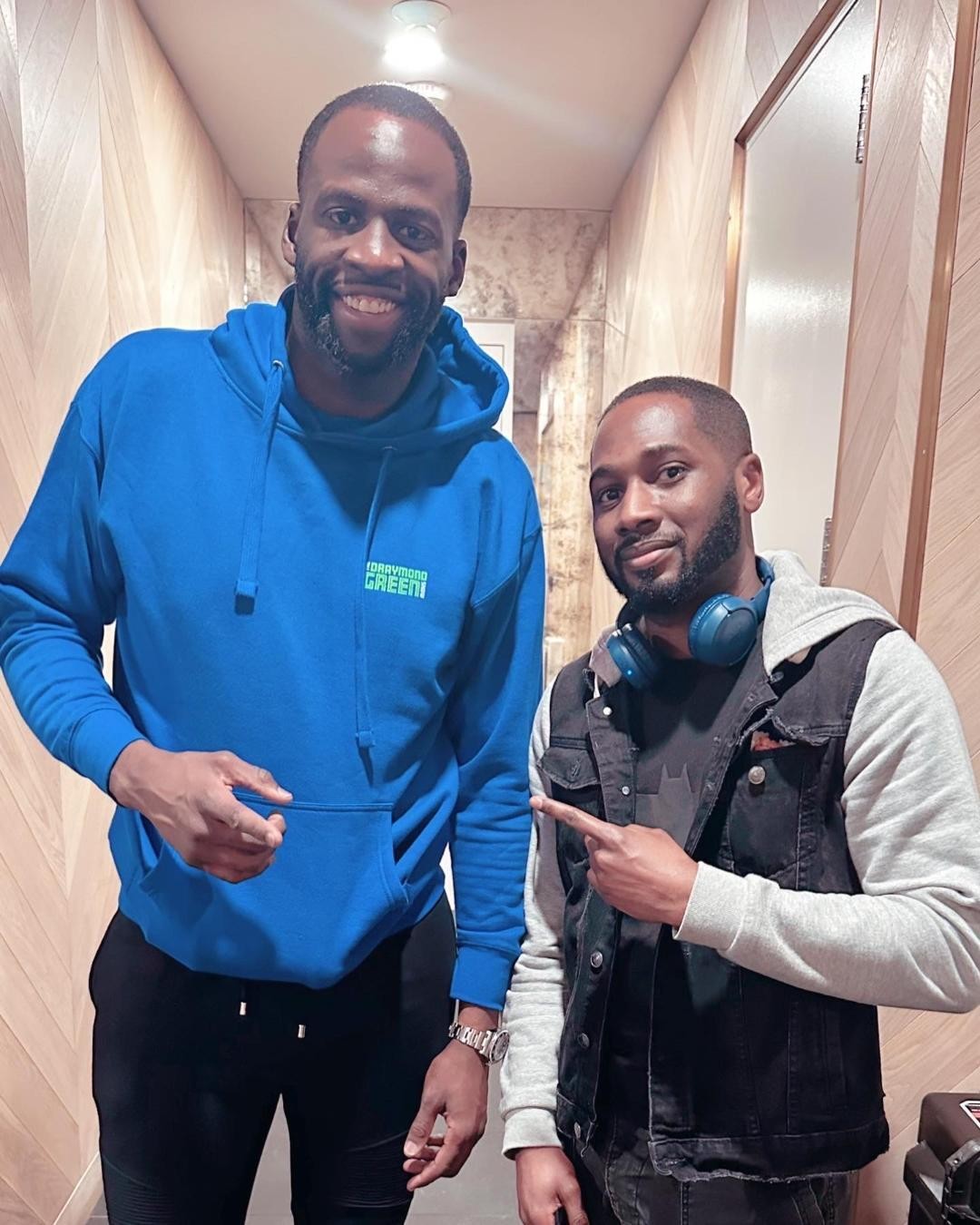
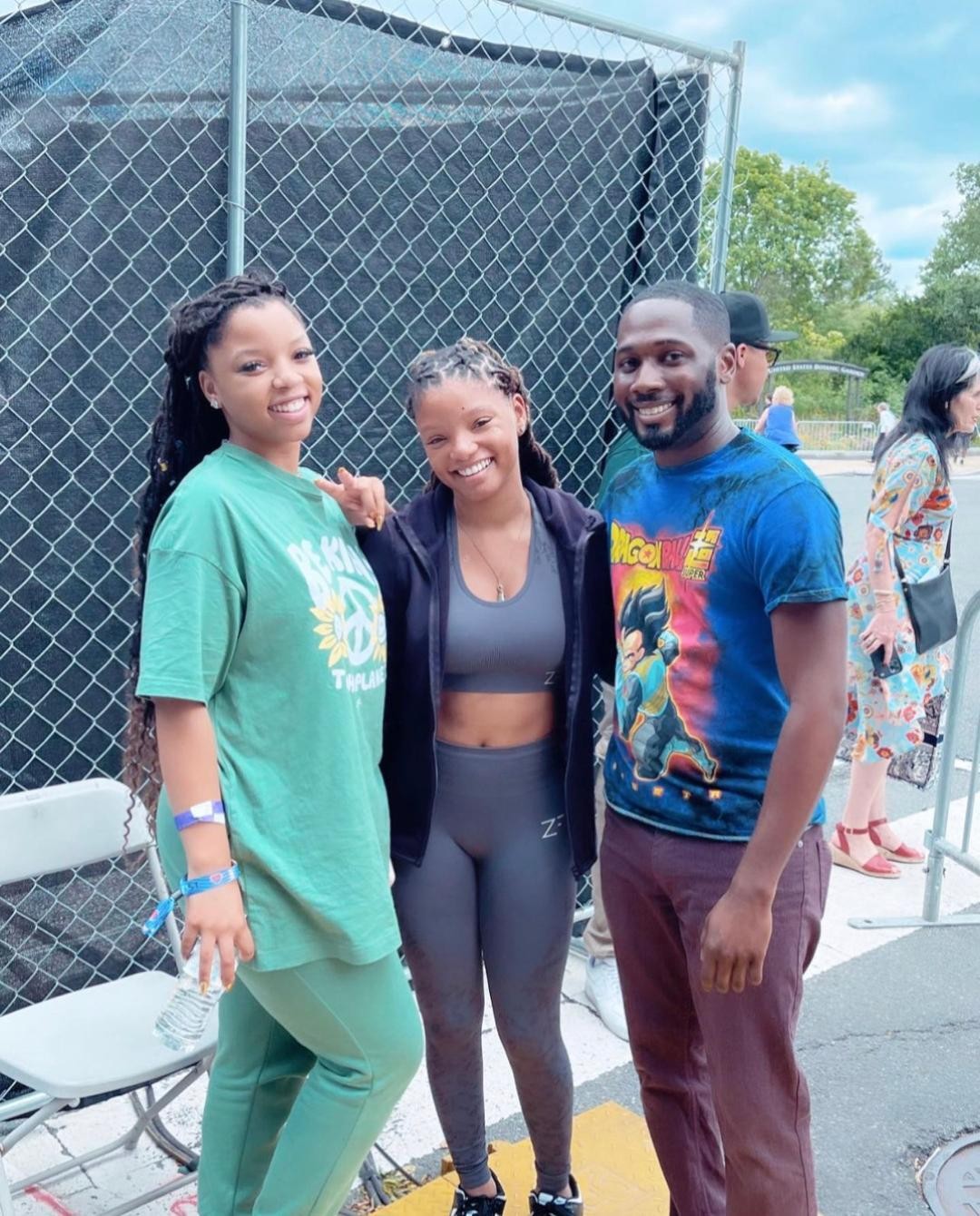
What’s a lesson you had to unlearn and what’s the backstory?
One very important lesson I learned is that not all money is good money. While I won’t delve into the specifics, I will say that a major streaming company offered me a big contract with a bitter team and practices. It was one of the worst experiences I’ve had in TV. The contract ended early, and bias was evident. Off the record, I was informed that essentially, I was never wanted on the project to begin with. Interesting, isn’t it?
What’s the most rewarding aspect of being a creative in your experience?
Seeing your dreams and visions actually realized and people appreciating them.
Contact Info:
- Instagram: director_of_prodcutions
- Linkedin: https://www.linkedin.com/in/travisjsmith1/
- Other: https://filmfreeway.com/TheShoresOnParadiseRemastered https://www.imdb.com/title/tt22500522/?ref_=ext_shr_lnk


